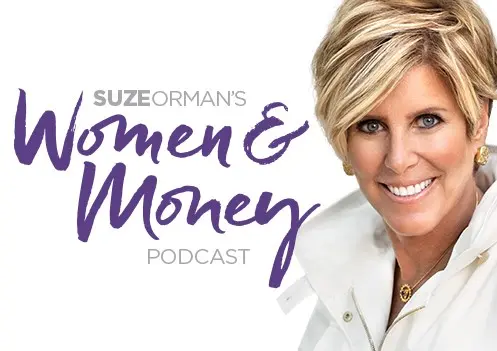A recent report from Fidelity says that the young adults entering the workforce are doing a better job saving for retirement than Millennials did when they were in their early 20s.
That’s fantastic news.
But if you are a Gen Z retirement saver, or someone who happens to love a Gen Z worker, I need you to listen up on a mistake I see many young adults making.
More than 3 out of 4 workplace retirement plans now offer the choice of doing your saving in a traditional 401(k) or a Roth 401(k).
When you are young and have yet to hit your peak earnings years, I consider it a slam dunk that you should be saving in a Roth 401(k) if it’s offered (and assuming you get an employee match.)
But according to Fidelity, less than 15% of Gen Z folks who are saving in a workplace plan are using the Roth option.
Save in a Roth 401(k)
If your plan offers a Roth 401(k), please consider checking in with HR and asking for your new contributions to be made into the Roth 401(k).
The reason I want Gen Z to save in a Roth comes down to taxes.
Because young adults are just getting going in their career, it’s likely your income isn’t as high as it will be as you gain experience. That means you’re likely in a lower tax bracket today than you will be in the future (and that’s assuming there’s no change in tax rates). So I want you to pay your tax on your retirement savings right now.
That’s exactly what you do when you save in a Roth 401(k). The money you contribute to a Roth 401(k) is money you have already paid tax on. The payoff will come in retirement: every dollar you withdraw from your Roth 401(k) will be 100% tax free. (The same is true of investing in Roth IRAs.)
That’s going to be a huge win decades from now.
Just for the record: when you save in a traditional 401(k) you pay with money that has yet to be taxed. (It comes out of your paycheck on a pre-tax basis). But that means you will then pay tax when you eventually make withdrawals from your account. Every dollar withdrawn from a traditional 401(k) will be taxed at your ordinary income tax rate in retirement.
It’s Not Your Fault
It’s your employer who dropped the ball here, not you. Most employers now automatically enroll new workers in the workplace plan. That’s terrific. But when they do that, they also automatically set up new workers with a traditional 401(k), even if there’s a Roth option.
I won’t bore you with why they do this. Just know that if you have a Roth 401(k) option, it will be super easy to tell your employer that you want all your future contributions to go into a Roth 401(k). It’s easy for them to make the switch for you.
That said, if your employer gives you a matching contribution, I want to give you a head’s up that the employer contribution will be deposited in your traditional 401(k) account. It’s just another odd quirk of how 401(k) plans typically work. That’s okay. Getting a match is good news, regardless of which type of account it is in.
Top Resources for You

The Ultimate Retirement
Guide for 50+
Learn More

MUST HAVE® Documents
Online Program
Learn More







